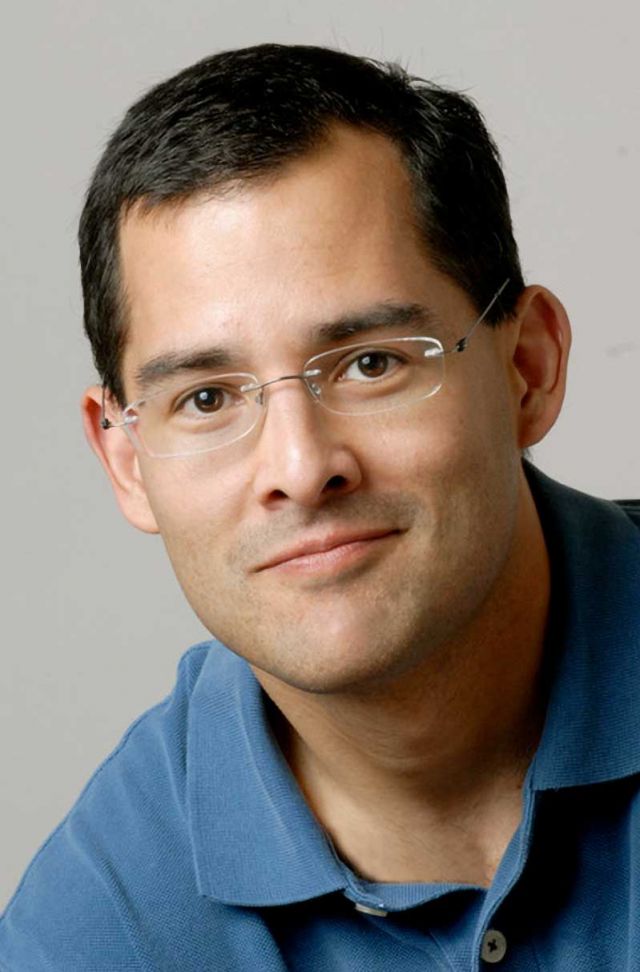Molecular Elucidation and Engineering of Stem Cell Fate Decisions

Speaker
David V. Schaffer, Ph.D.
Professor Chemical and Biomolecular Engineering, Bioengineering,
Molecular and Cell Biology
Director of the Berkeley Stem Cell Center
University of California, Berkeley
Abstract
As the field progressively learns more about the mechanisms that control stem cell behavior – in particular their two hallmark properties of self-renewal and differentiation – deeper insights are gained into their potential roles and applications in organismal development, adult homeostasis, and regenerative medicine. The niches in which stem cells reside present them with a spectrum of signals to control their behavior, and it has become increasingly evident that not only are local biochemical signals important, but biophysical features of the environment that modulate the presentation of this biochemical information can impact cell behavior. For example, spatial and temporal variation in the presentation of cues is important information that modulates fate decisions and tissue structure. Furthermore, the tissue matrix has variable bulk mechanical properties and surface topographical features depending on how its assembled, both of which modulate cell behavior.
We have created several technology platforms to investigate the biophysical regulation of stem cell behavior, in particular to understand and control the differentiation of adult neural stem cells and human pluripotent stem cells into neurons. First, we are developing and harnessing optogenetics systems to investigate how cellular signaling dynamics impact fate decisions. Second, we have been developing bioactive, synthetic material systems to investigate the effects of cell-matrix and cell-cell interactions on cellular function. Finally, we work towards translating the basic information that emerges from both of these efforts into safe, scaleable fully defined, robust culture and implantation systems for stem cell based regenerative medicine efforts to treat human disease.
Bio
David Schaffer is the Hubbard Howe Professor of Chemical and Biomolecular Engineering, Bioengineering, and Neuroscience at the University of California, Berkeley, where he also serves as the Director of the Berkeley Stem Cell Center. He received a B.S. from Stanford University in 1993 and a Ph.D. from MIT in 1998. He then conducted a postdoctoral fellowship at the Salk Institute for Biological Studies before joining the Berkeley in 1999. There, he applies engineering principles to enhance stem cell and gene therapies, work that includes novel approaches for molecular engineering and evolution of new viral vectors as well as new technologies to investigate and control stem cell fate decisions. He has published >200 papers, is an inventor on >50 patents, and has received recognitions including the American Institute of Chemical Engineers Pharmaceutical and Bioengineering Award, the American Chemical Society Marvin Johnson Award, the ACS BIOT Division Young Investigator Award, and the Biomedical Engineering Society Rita Shaffer Young Investigator Award.